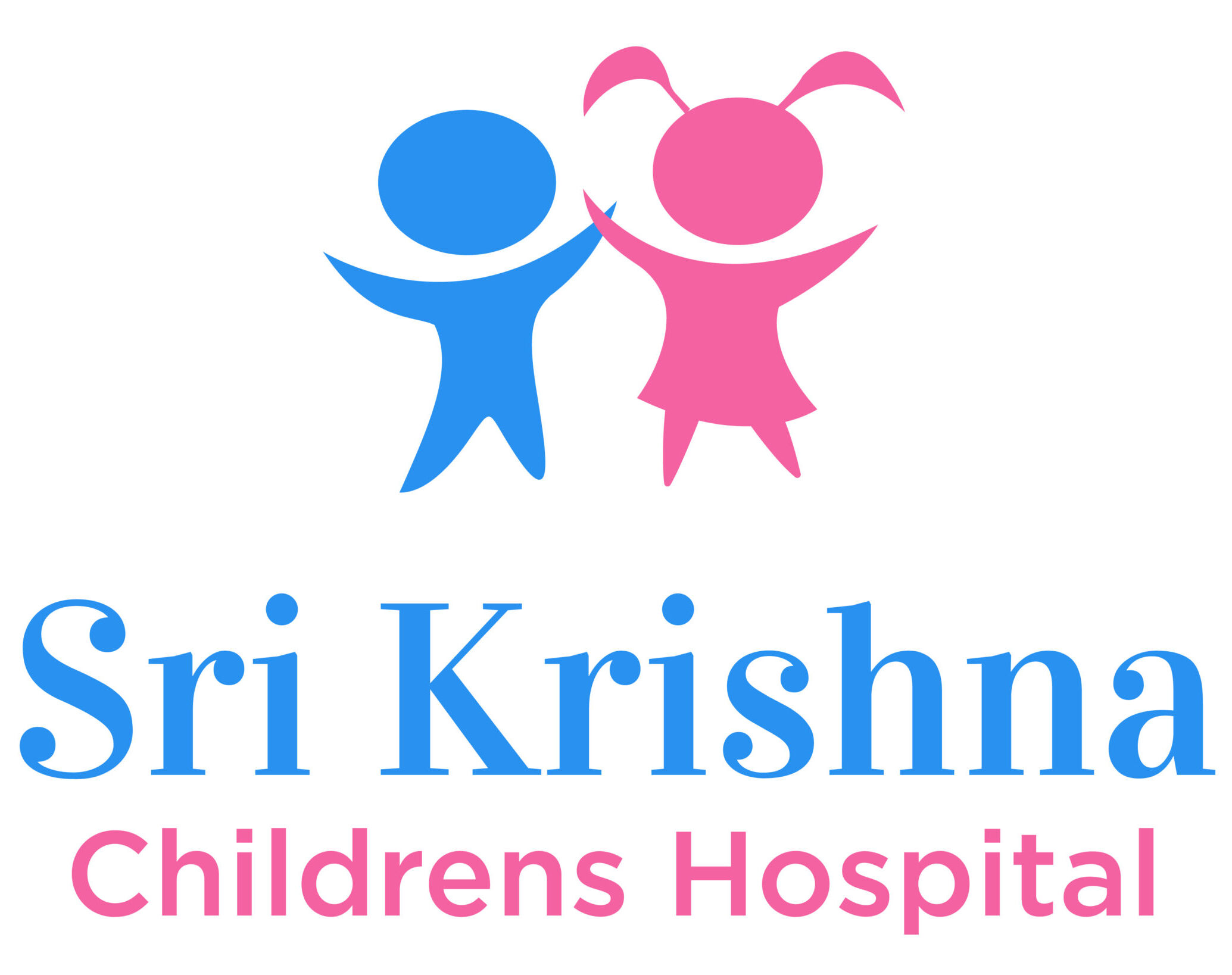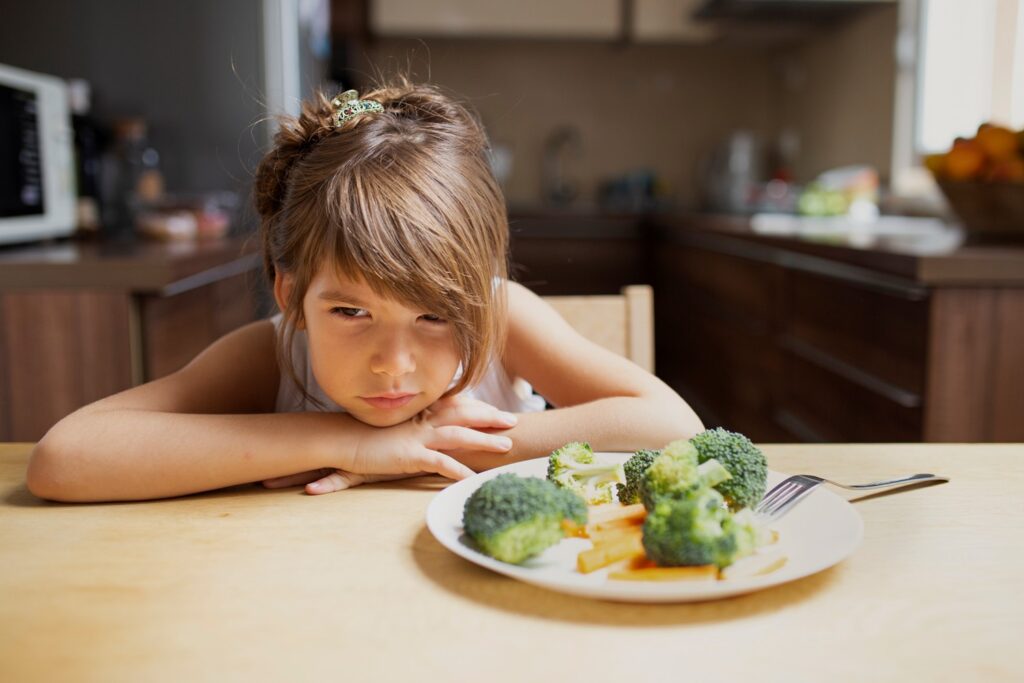What Are Food Allergies in Children?
Food allergies in children happen when a child’s immune system reacts to certain foods. This reaction can cause mild or severe symptoms. In fact, food allergies are common in kids and can start at any age. According to the CDC, about 1 in 13 children in the United States has a food allergy. Because food allergies in children can be serious, it is important for parents to know the signs and how to manage them.
Common Symptoms
Children with food allergies can show different symptoms. Sometimes, these symptoms appear within minutes. Other times, they may take a few hours. For example, some children may only have mild signs, while others may have a severe reaction called anaphylaxis. Watch for these childhood food allergy symptoms:Itchy skin or hivesSwelling of lips, face, or tongueStomach pain, vomiting, or diarrheaCoughing or wheezingRunny nose or sneezingTrouble breathingDizziness or fainting
If your child has trouble breathing or faints, seek emergency help right away. Early action can save lives.
Causes and Risk Factors
Food allergies in children happen when the body thinks certain foods are harmful. As a result, the immune system fights these foods. The most common foods that cause allergies in kids include:MilkEggsPeanutsTree nuts (like almonds or walnuts)SoyWheatFish and shellfish
Some children are more likely to develop food allergies. For instance, kids with family members who have allergies or asthma are at higher risk. Also, children with eczema are more likely to have food allergies. Early exposure to certain foods may also play a role.
Diagnosis
Doctors use several steps to diagnose food allergies in children. First, they ask about your child’s symptoms and medical history. Next, they may suggest tests such as:Skin prick test: A small amount of food is placed on the skin to see if a reaction occurs.Blood test: This checks for allergy-related antibodies.Food challenge: The child eats small amounts of the suspected food under medical supervision.
Because these tests can be risky, always do them with a doctor present. The CDC and pediatric experts recommend seeing an allergy specialist for proper diagnosis.
Treatment Options
There is no cure for food allergies in children, but symptoms can be managed. The main treatment is to avoid foods that cause reactions. In addition, doctors may prescribe medicines such as:Antihistamines for mild symptomsEpinephrine auto-injectors for severe reactions (anaphylaxis)
Always carry emergency medicine if your child has a known allergy. Teach your child and caregivers how to use it. For ongoing care, regular check-ups with your pediatrician are important.
Managing Food Allergies at Home and School
Managing food allergies in kids takes planning. At home, read food labels carefully. Teach your child not to share food with others. In addition, inform family and friends about your child’s allergies. At school, work with teachers and staff to create a safe environment. Here are some tips:Provide a list of safe and unsafe foodsGive the school an emergency action planMake sure staff know how to use an epinephrine auto-injectorEncourage hand washing before and after eating
With good communication, you can help keep your child safe both at home and at school.
Prevention Tips
While not all food allergies can be prevented, some steps may lower the risk. For example, introducing common allergy foods early (around 6 months) may help, but always check with your pediatrician first. Other tips for preventing food allergies in children include:Breastfeed if possible, as it may lower allergy riskIntroduce new foods one at a timeWatch for any signs of a reactionKeep your child’s skin healthy, especially if they have eczema
Because every child is different, talk to your doctor before making changes to your child’s diet.
When to See a Pediatrician
If you think your child has a food allergy, see a pediatrician soon. Early diagnosis can help prevent serious reactions. You should also see a doctor if:Your child has trouble breathing after eatingThere is swelling of the face or tongueSymptoms get worse over timeYou are unsure which foods are causing problems
Remember, a pediatrician can guide you on managing food allergies in children and keeping your child safe.
Consult a pediatrician for personalized advice on managing food allergies in children.

